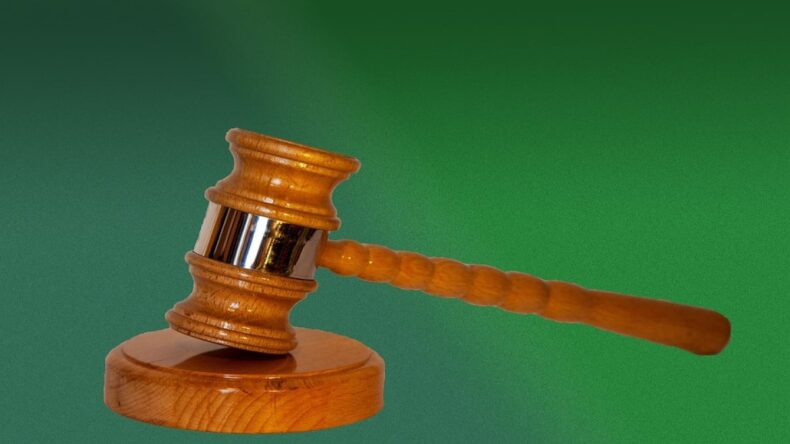The court has issued notice on the petition filed by the Delhi Police against the acquittal of 11 people in the Jamia violence case. On Monday, the Delhi High Court requested information on the positions taken by student activists Sharjeel Imam, Asif Iqbal Tanha, and others over the Delhi Police’s appeal of the trial court’s decision to release them in the 2019 Jamia Nagar riot case. Justice Swarnakanta Sharma issued notice to Imam and others on Delhi Police’s plea. The court made it clear that the observations of the trial court will not affect further investigation in the case or trial.
Issuing notice against the accused, Justice Swarnakanta Sharma has currently refused the Delhi Police to remove the observations made by the Saket court.

The trial court discharges 11 people
The lower court acquitted all these accused including Sharjeel last Saturday. Apart from this, the Saket court had also made strong remarks against the police. The police have appealed in the High Court against that order of the lower court.
The trial court, in its February 4 order, had discharged 11 people, including Imam and Tanha, saying they were made “scapegoats” by the police and that dissent was being encouraged.
The lower court had said in its order that there were definitely a large number of protesters at the spot and some anti-social elements within the crowd could create an atmosphere of disturbance and mayhem. The trial court, while acquitting 11 accused, had ordered the framing of charges against one of the accused, Mohammad Ilyas.
The Saket court had framed charges against only one person in the Jamia riot case. The sessions court of the Saket court, in its order dated February 4, had also discharged Mohd Abuzar, Umair Ahmed, Mohd Shoaib, Mehmood Anwar, Mohd Qasim, Mohd Bilal Nadeem, Shahzar Raza Khan and Chanda Yadav.
What did the Delhi Police say in its petition?
The police have said in their petition that the order of the lower court is not in accordance with the established principles of law and there are many discrepancies in it. The police’s argument states that the trial court not only acquitted the accused persons but got carried away with ’emotions’ and cast aspersions on the prosecuting agency.
The police have said that the remarks have been made against the prosecuting agency and the probe in a “seriously prejudicial” and “adverse”. On December 13, 2019, Imam was accused of instigating disturbances by making an incendiary speech at Jamia Millia Islamia. Imam will remain in jail as he is an accused in the 2020 northeast Delhi riots conspiracy case.
The FIR was registered in connection with the violence that broke out after clashes between people protesting against the Citizenship Amendment Act (CAA) and the police in the Jamia Nagar area here in December 2019. The police, in its plea, has said that the order of the trial court is not in conformity with the established principles of law and has a number of anomalies.
The chargesheet
Imam, Tanha, Safoora Zargar, Mohammad Qasim, Mahmood Anwar, Shahzar Raza Khan, Mohammad Abuzar, Mohammad Shoaib, Umair Ahmad, Bilal Nadeem, Chanda Yadav, and Mohammad Ilyas got the charge sheet filed against them by the Jamia Nagar police station.
The charge sheet was filed under a number of different IPC sections, including 148 (rioting, carrying a deadly weapon), 186 (obstructing a public servant in the performance of his duties), 353, (assault or criminal force to prevent a public servant from performing his duty), 308, (attempt to commit culpable homicide), 435, (mischief by fire or explosive substance with intent to cause damage), 323 (voluntarily inflicting harm), 341 (criminal conspiracy). Provisions of the Prevention of Damage to Public Property Act were also listed on the charge sheet.
The charge sheet was filed by the Delhi Police against Sharjeel. According to them, he had created hatred, contempt and displeasure towards the central government with his speeches, which incited people and then violence took place in Jamia in December 2019.
On March 16, the case would be heard again.












